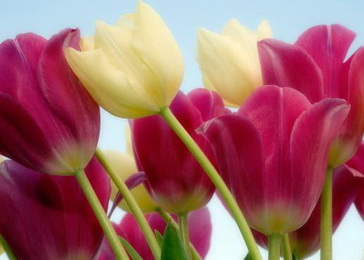 Author: Tanja Jovanović (Social Inclusion Blog)
Author: Tanja Jovanović (Social Inclusion Blog)
(…) I had a lot of trust in my best friend, she knew all my insecurities and always supported and encouraged me. Whenever I doubted myself, she told me not to worry, that I am imagining it all and it’s all in my head. I remember the day it all changed.
The faculty organized a seminar we attended together. During lunch, she unexpectedly asked me if I would be with a boy of a different nationality. I was confused by her question. I did not understand why she was asking me this all of a sudden. I was uncomfortable and told her I do not know. I wanted the conversation to end as fast as possible. However, she kept talking: “I could not. And neither could you. You must face that. It is not without reason they say PICK THE FLOWERS FROM YOUR OWN GARDEN. And you should know that all people think like that, it’s not just me.”
We were silent until we got to our room, where we encountered our mutual friend. She noticed something was wrong and asked us what happened. I did not want it talked about or retold any more. My best friend told her everything and leaving the room, said through laughter: “I won’t have my child called little Gypsy in school!” What I remember well is that at that moment, the picture in my head was of my sister and her husband, brother and his girlfriend… I saw their children going to school one day, and was afraid someone would call them precisely that. (…)
When I was little, I thought I should PICK THE FLOWERS FROM MY OWN GARDEN and be with someone of the same nationality as me, thinking I could never be liked by someone who is not Roma. To an extent, this thought still follows me today. There is insecurity and fear in my mind. But insecurity and fear exist in other people, as well, coming from different situations and circumstances in life. One thing that can empower us all is the support of true friends. Regarding friendship, true friends can be found and had, regardless of the garden you come from.
The story was created as part of the activity “Living Library”, part of the project “Network of Friends of Inclusive Education” implemented by the Centre for Interactive Pedagogy and Open Society Foundation of Serbia.
The text in its entirety can be found on the Social Inclusion Blog.
 Government of the Republic of Serbia
Government of the Republic of Serbia















 pdf [271 KB]
pdf [271 KB]
Leave a Comment